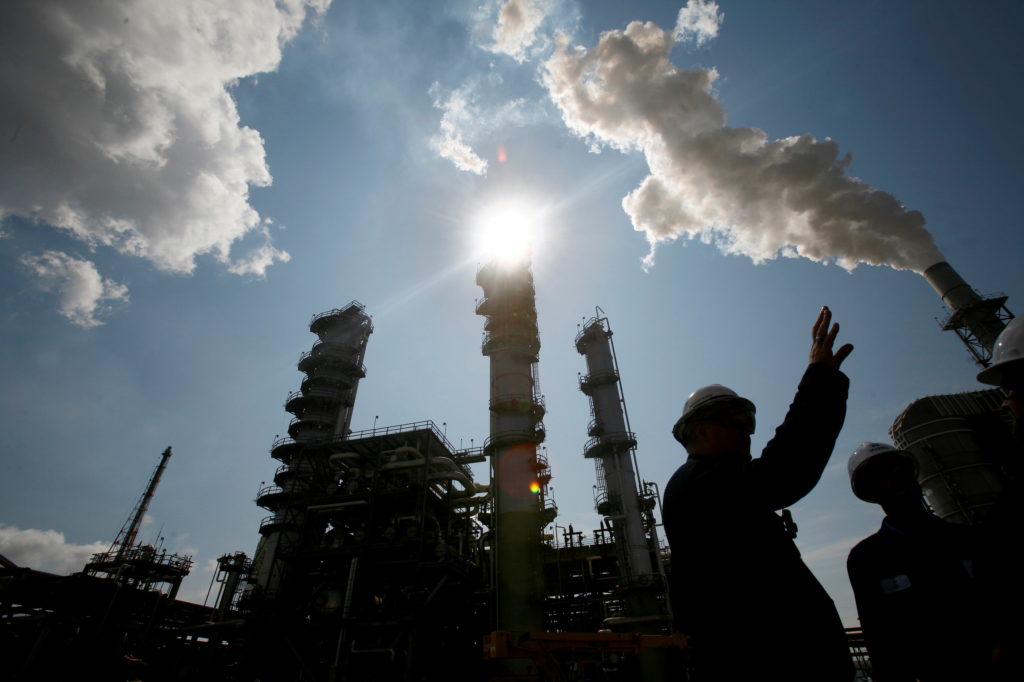Rebecca Leber:
The U.S. has lagged in its investments on climate change when you look at how it compares to other countries.
So, this bill is historic, in that the government is finally putting funds in addressing the impacts of climate change. So, we have finally both parties acknowledging, at least in a bill, that people like this young woman are dealing with the actual impacts of sea level rise and increased flooding and wildfires.
So, this bill provides additional funding for some key federal programs, like FEMA, like the Army Corps of Engineers, like the Department of Agriculture, that all play pivotal roles in providing grants to people to prepare their homes and their communities from the effects of wildfires and flooding.
So it represents historic investment in these kinds of programs to help prepare for these impacts and the impact we’re already seeing unfold this summer.
Now, there’s also the longer-term track, where we have to actually bring down our emissions as fast as possible, so we hit about net zero emissions by mid-century. That’s critical for keeping climate change under a disastrous 1.5 degrees Celsius.
So, the bill also has to address the amount of pollution that the U.S. is responsible for, though it falls far short of investments that are actually needed to fully transition to clean sectors.













































